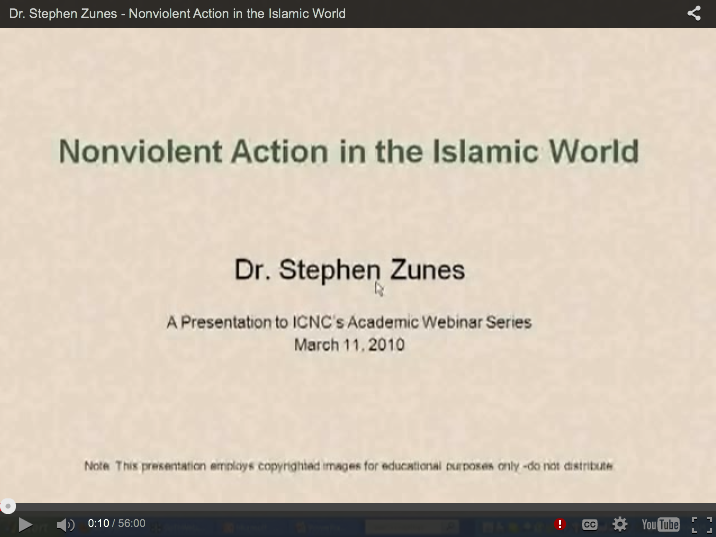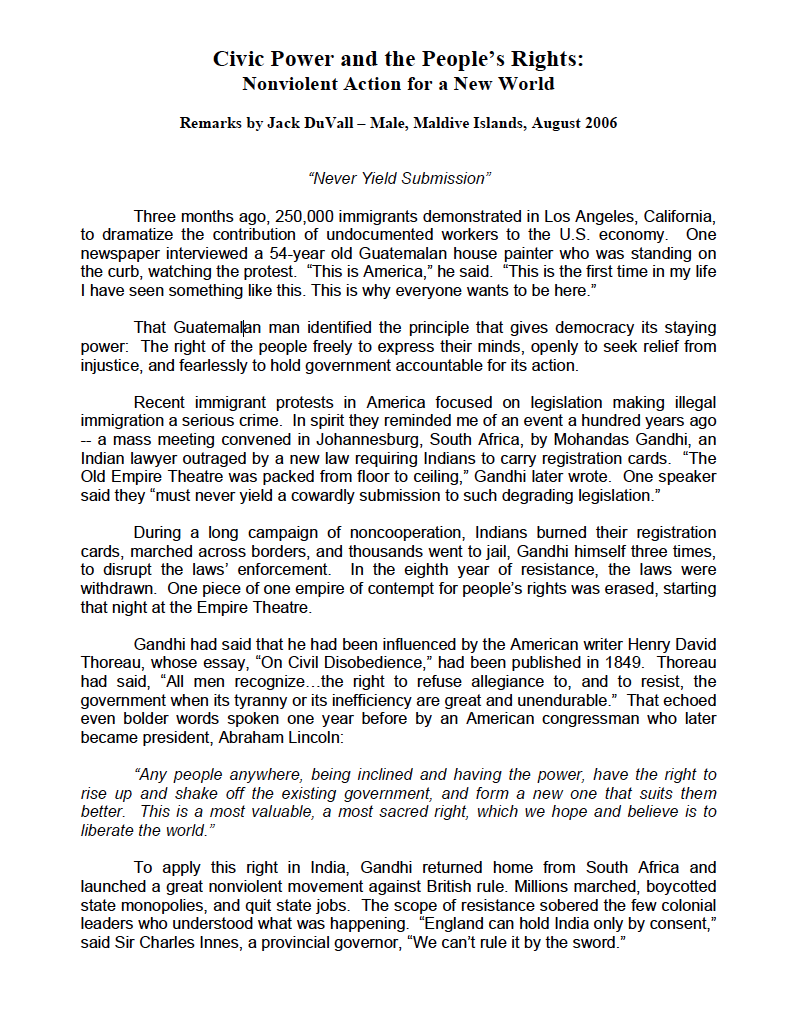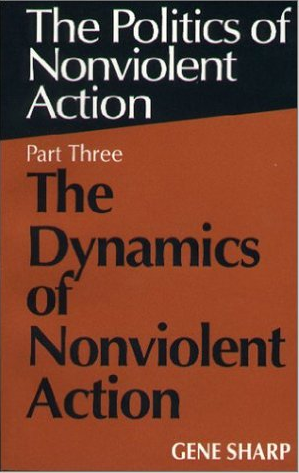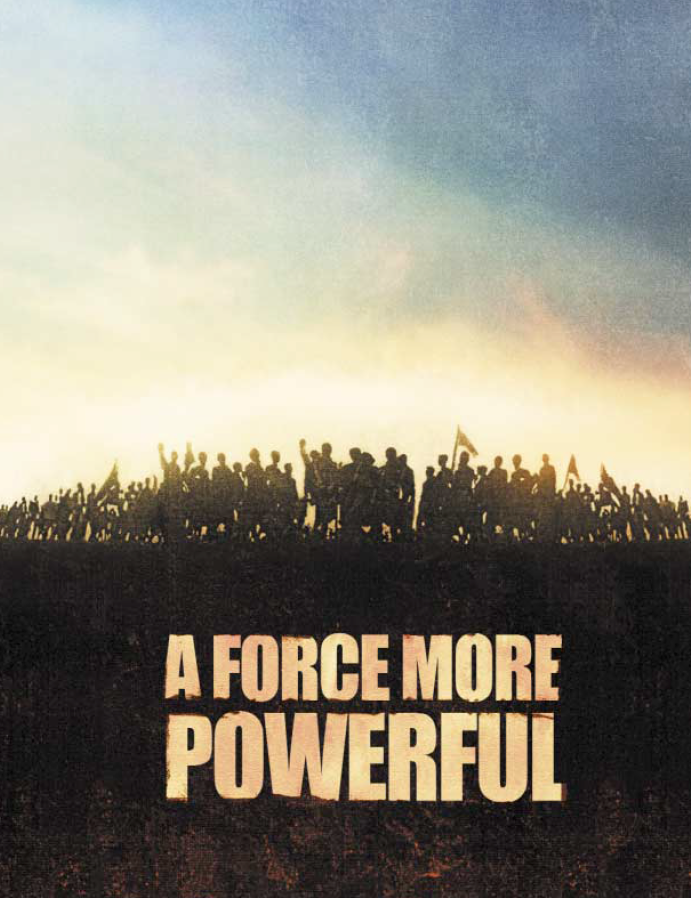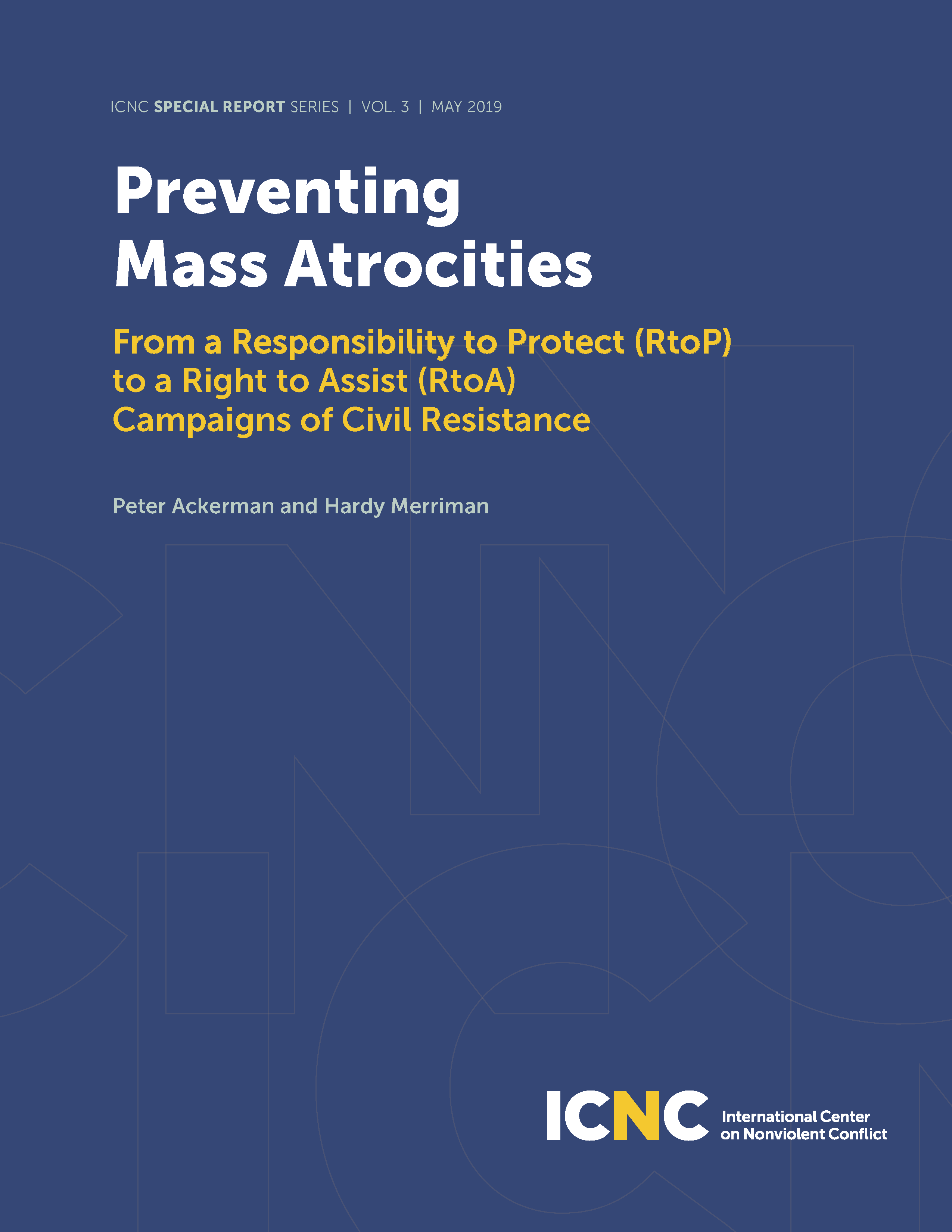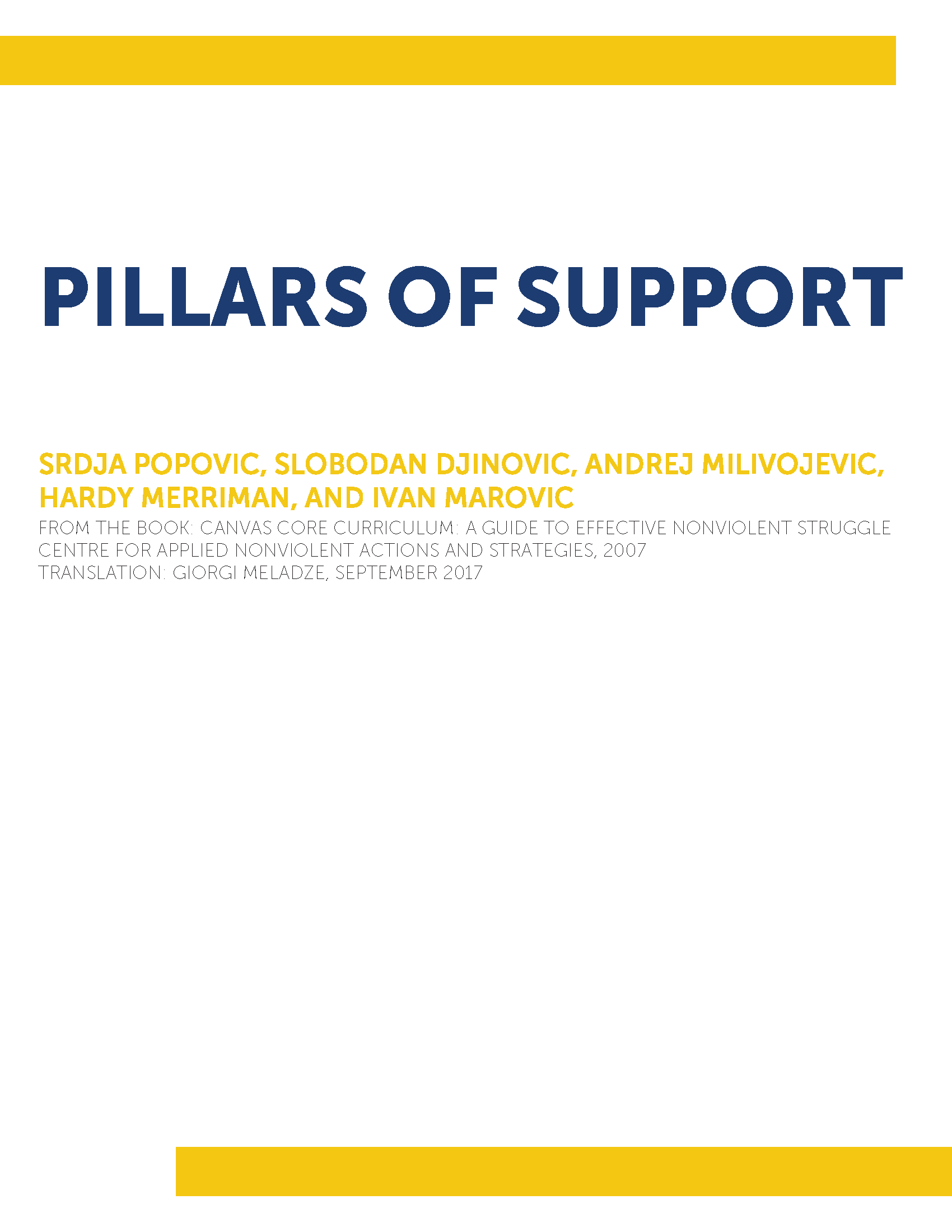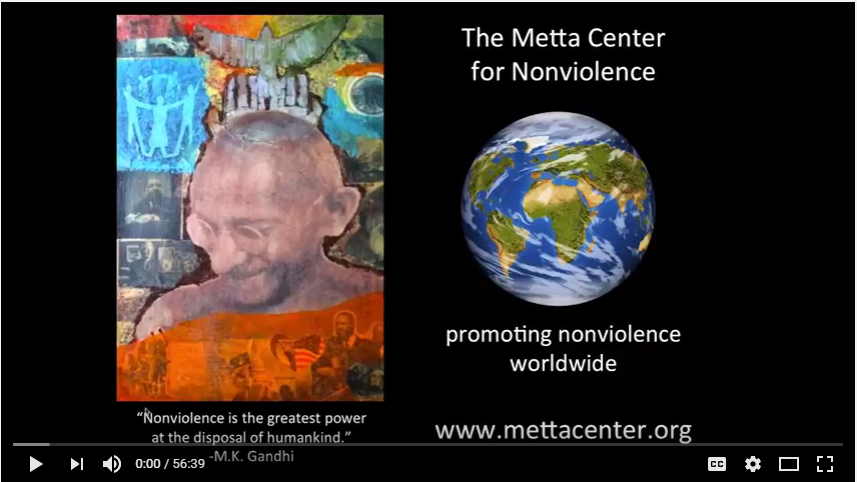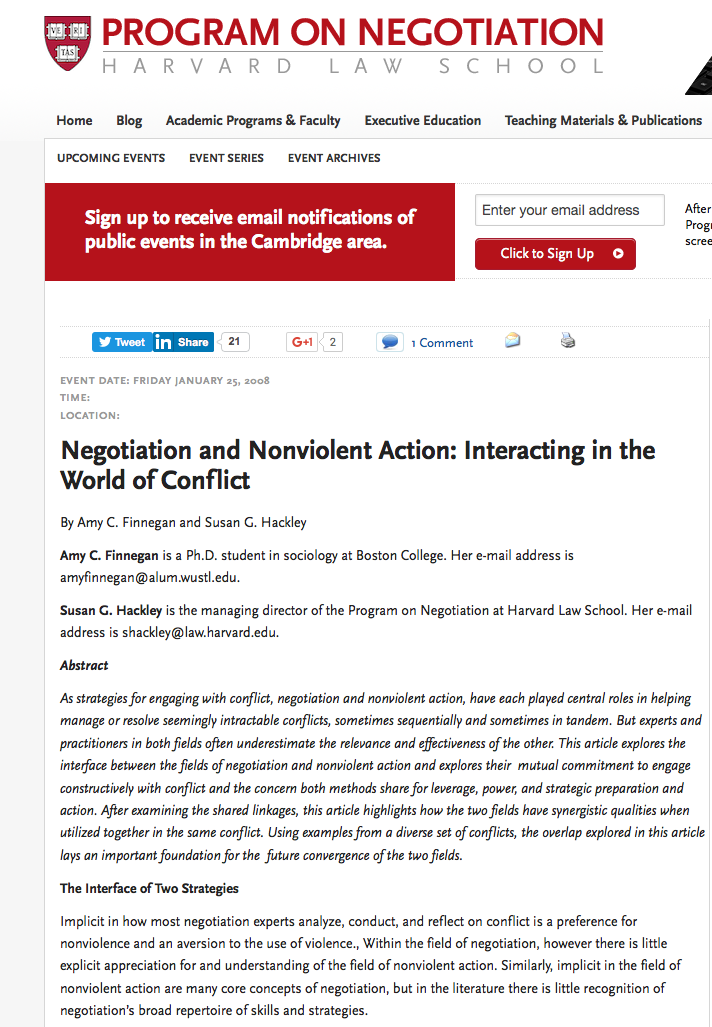
Negotiation and Nonviolent Action: Interacting in the World of Conflict
As strategies for engaging with conflict, negotiation and nonviolent action, have each played central roles in helping manage or resolve seemingly intractable conflicts, sometimes sequentially and sometimes in tandem. But experts and practitioners in both fields often underestimate the relevance and effectiveness of the other. This article explores the interface between the fields of negotiation and nonviolent action and explores their mutual commitment to engage constructively with conflict and the concern both methods share for leverage, power, and strategic preparation and action. After examining the shared linkages, this article highlights how the two fields have synergistic qualities when utilized together in the same conflict. Using examples from a diverse set of conflicts, the overlap explored in this article lays an important foundation for the future convergence of the two fields.
Harvard Law School’s Negotiation Journal,January 2008
